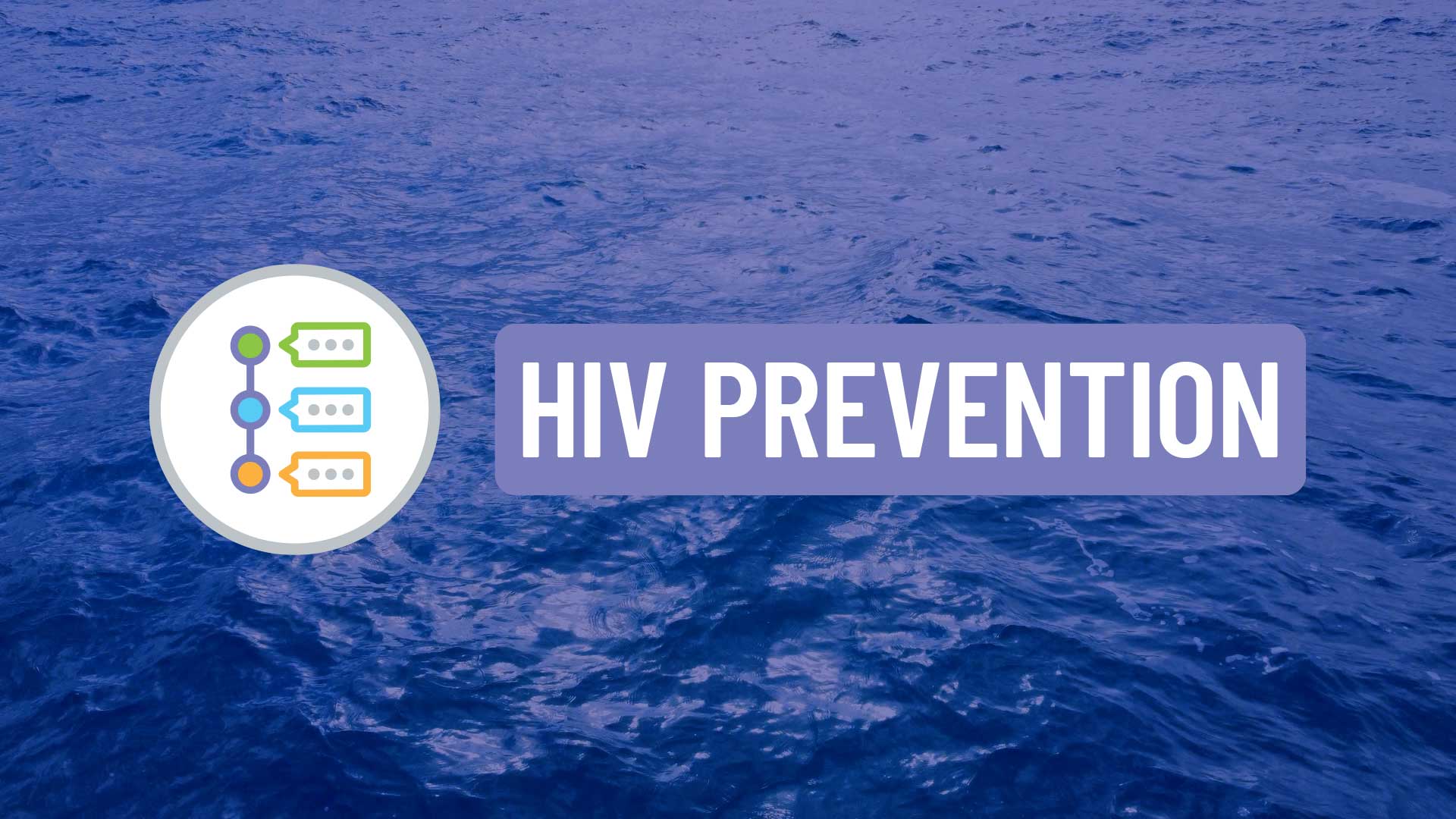The schedule presented here is subject to change as the agenda is finalized.

« All Events
HIV Prevention Track, Session 3
May 30, 2024 @ 2:15 pm–3:45 pm EDT


- Prioritizing Medication Adherence of Minority MSM Patients for HIV Prevention
The session will present how prioritizing medication adherence through data analysis and a patient contact protocol decreases the likelihood of new HIV diagnoses in minority patients. Patient outreach is especially effective with minority PrEP patients, as they are more likely to be overdue in the short term but also more likely to stay on their medication and attend appointments over the course of a year.
- Syncing Frequent STI Screening and PrEP: “Choose Your Own Adventure” Process Analysis
Nationally, only 30% of the 1.2 million people in the United States who could benefit from PrEP were prescribed PrEP in 2021. An FQHC implemented a novel Best Practice Advisory (BPA) in the electronic health record, triggered by frequent STI testing to alert providers to discuss PrEP. A prior BPA was based on the CDC guidelines recommending PrEP for patients with gonorrhea or syphilis in the past six months or MSM with chlamydia in the past six months. The added BPA was intended to leverage discussions around STI risk and build awareness of PrEP. This session will discuss the implementation and impact of the revised BPA that syncs PrEP with STI testing.
- Be PrEPared: A Guide to PrEP Program Development in the Primary Care Setting
Kintegra Health provides care for over 80,000 patients throughout 14 counties in NC. In 2018, Kintegra began a PrEP Program within primary care practices to increase access for patients. In 2019, nine patients were prescribed PrEP & then 41 by 2020. In 2021, Kintegra was awarded a HRSA Ending the HIV Epidemic – Primary Care HIV Prevention (PCHP) award. The PrEP Program has continued to grow & develop ideas like PrEPtember, PrEP hotline, outreach materials, dating apps marketing, and more. By 2023, Kintegra had 134 patients prescribed PrEP. Kintegra will present on successes & lessons in program development within primary care, while facilitating innovation for reaching communities about PrEP.





